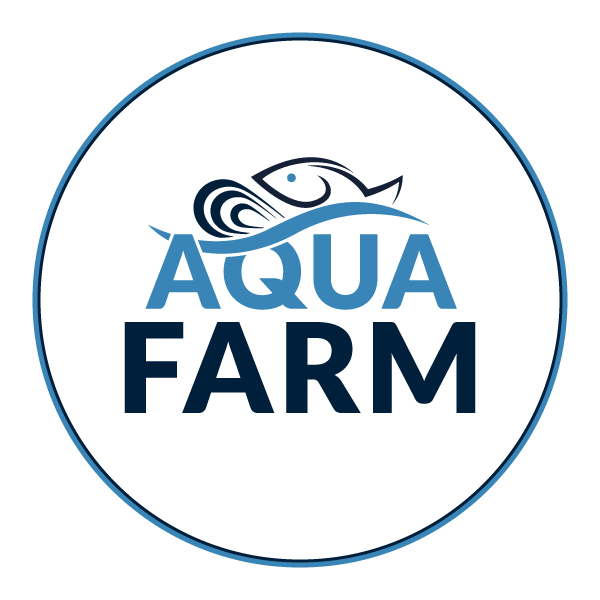14:00 – 14:20
Progetto AMBITI BIVALVI VENETO (a cura di IZSVe)
14:25 – 14:55
Progetti Molluschi
Luca Peruzza, professor, University of Padua

14:00 – 14:20
Progetto AMBITI BIVALVI VENETO (a cura di IZSVe)
14:25 – 14:55
Progetti Molluschi
Luca Peruzza, professor, University of Padua
Un quartiere fieristico all’avanguardia nel cuore dell’Europa. Pordenone Fiere è uno spazio composto da nove padiglioni, con 30 mila mq. di area espositiva interna e 70 mila mq. di area espositiva scoperta. Ogni anno vengono realizzate circa 30 manifestazioni.
Pordenone Fiere S.p.A.
Viale Treviso, 1 – 33170,
Pordenone (PN) – Italia
Tel.: +39 0434 232111
Fax: +39 0434 57415
www.fierapordenone.it
P.IVA: 00076940931
Pordenone Servizi
Viale Treviso, 1 – 33170,
Pordenone (PN) – Italia
Tel.: +39 0434 232111
Fax: +39 0434 57415
www.fierapordenone.it
P.IVA: 00076940931
An avantgarde exhibition center in the heart of Europe. Pordenone Exhibition Center is a space composed of 9 hall, 30k sqm internal exhibition area and 70k sqm external exhibition area. Every year we host approximately 30 fairs.
Pordenone Fiere S.p.A.
Viale Treviso, 1 – 33170,
Pordenone (PN) – Italia
Tel.: +39 0434 232111
Fax: +39 0434 57415
www.fierapordenone.it
VAT: 00076940931
Pordenone Servizi
Viale Treviso, 1 – 33170,
Pordenone (PN) – Italia
Tel.: +39 0434 232111
Fax: +39 0434 57415
www.fierapordenone.it
VAT: 00076940931
Un parc des expositions d’avant-garde au cœur de l’Europe. Pordenone Fiere est un espace composé de neuf pavillons, avec 30 mille mètres carrés. de surface d’exposition interne et 70 mille mètres carrés. de surface d’exposition decouverte. Une trentaine d’événements sont organisés chaque année.
Pordenone Fiere S.p.A.
Viale Treviso, 1 – 33170,
Pordenone (PN) – Italia
Tel.: +39 0434 232111
Fax: +39 0434 57415
www.fierapordenone.it
P.IVA: 00076940931
Pordenone Servizi
Viale Treviso, 1 – 33170,
Pordenone (PN) – Italia
Tel.: +39 0434 232111
Fax: +39 0434 57415
www.fierapordenone.it
TVA: 00076940931